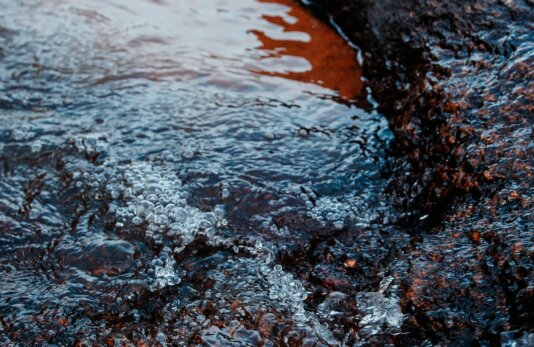FairPlanet.Support
| topic: | Conservation |
|---|---|
| tags: | #oil spill, #Clifornia, #USA, #wildlife |
| located: | USA |
| by: | Quinta Thomson |
A ‘catastrophic’ oil spill has been reported off the coast of California on Saturday morning, one of the largest in recent Southern California history.
An estimated 126,000 gallons (3,000 barrels) have covered roughly 13 square miles of the Pacific Ocean
Not only are the wetlands contaminated, but fish, birds and other sea life have suffocated and died in the oil.
Kim Carr, the mayor of Huntington Beach (where the spill occurred) named it an ‘environmental catastrophe’ and said that the “wetlands are being degraded and portions of our coastline are now covered in oil."
Despite oil production in California having steeply declined since the 1990s, spills like this should not be taking place.
Aside from the ecological damage, we should also consider the devastation the spill had brought on the community and local economy. As the beaches shut, any locals who rely on tourism will be severely affected, as well as those dependent on seafood.
The long-term effects should also be recognised. Although significantly less oil than the 4.6 million barrels spilled in DeepWater Horizon, the current disaster will have similar effects. When oil enters the environment from spills, it undergoes continuous compositional changes associated with weathering, which then allows it to enter into nearly all parts of an ecosystem.
The US coast guard and environmentalists are already responding to the oil spill. You can visit UC Davis Oiled Wildlife Care Network’s site to learn about their response and investigate volunteer opportunities.
Image by: Heleno Kaizer.
By copying the embed code below, you agree to adhere to our republishing guidelines.
